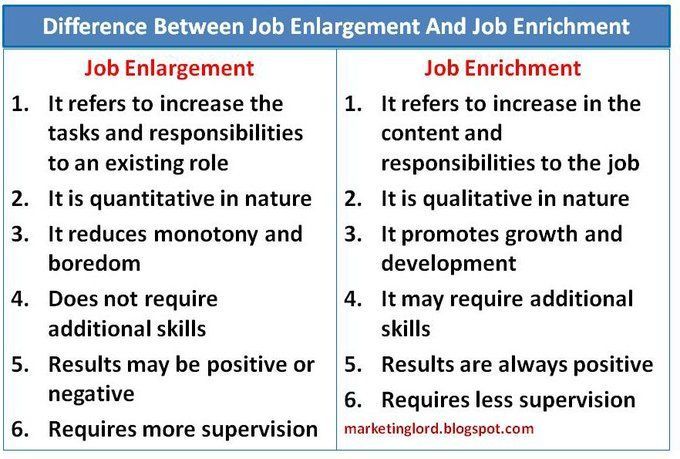Best Exercise Routine Tips for Shift Workers
Finding a workout routine that suits the busy and unpredictable weekly schedule of a shift worker can present as quite the challenge. Working shifts can make it a lot harder to stick to a consistent workout routine and adhere to fitness goals due to the long inconsistent hours. It is common to either not know where to start and what kind of exercise routine is the most effective, or to find yourself unmotivated and tired after working long shifts. It is important to know that you are not alone in this feeling and there are simple ways to incorporate exercise more easily into your routine as a shift worker.
Firstly, it’s important to ask yourself a few questions to gain an understanding of the main goals and desired outcomes for exercising. Thinking about why you want to exercise (eg weight loss goal, build strength, overall health), what is most convenient for you (eg going to a gym nearby, working out at home), and what has stopped you from exercising in the past (what have been previous barriers) are all important factors to determining the best exercise routine for you.
Planning ahead where possible is the first step to creating a more consistent workout schedule. Although shift work can mean an ever-changing schedule, planning out each week with work, sleep time and any other commitments can help you to visualise where there is time in your schedule to fit exercise in, so that it is most convenient to you. Checking your shifts and deciding what days you will exercise will hold you more accountable and prevent you from just ‘hoping’ to fit exercise in. Remember, short workouts are better than no workout at all, so try to fit in even a small amount of exercise wherever possible.
Exercising before a late shift is often a good time as it is not as rushed and you haven’t depleted energy from working a whole shift yet. Working out after straight after an early shift is often a good time too as it is still early enough in the day, and you haven’t let yourself relax and unwind from work yet. This may even just be a walk around the block or a quick gym session before heading home. There are many gyms that are open 24/7, making it a lot easier to fit in a workout whenever is most convenient in your schedule. Virtual online workouts have also become popular in recent years, providing many benefits for shift workers such as convenience, flexibility, cost effectiveness and accountability to workout. Remember to always listen to your body though and exercise mostly when your energy levels are the highest for best results!
Prioritising sleep is a major contributor to successfully working out, plus overall health. If you’ve just finished a shift and you’re feeling exhausted, you should definitely consider sleep instead of working out. Although it is important to workout even when you don’t feel like it, exercising when already tired can increase risk of injury and decrease performance for both exercise and work for the days ahead.
Often as a shift worker you are constantly on your feet and moving around which is already a great start to staying active. However, if you are on a night shift for example and have a bit more ‘free’ time, jogging up and down the stairs a few times, doing a few laps of the hallway or even a quick core workout in the break room may be all you need to get your heart rate up for the day.
Juggling shift work and exercise isn’t always easy, but with a bit of experimentation, effort and discipline you’ll find yourself on the right track to a balanced healthy lifestyle.
Book a consult with a qualified physiotherapist at Altaira Allied health for a tailored strength and conditioning plan to start your fitness journey: https://bookings.nookal.com/bookings/location/EDJUN
Source: https://www.altaira.com.au/best-exercise-routine-tips-for-shift-workers/


People That Care Australia does not receive any funding to operate its business. All profits are used to improve the service we offer to Jobseekers.
USEFUL LINKS
FOLLOW US
STAY INFORMED
You need a helping hand with your project?
We will get back to you as soon as possible
Please try again later
CONTACT US
Contact Us
We will get back to you as soon as possible.
Please try again later.
All Rights Reserved | People That Care Australia
Made with 💛 by Shazamme
